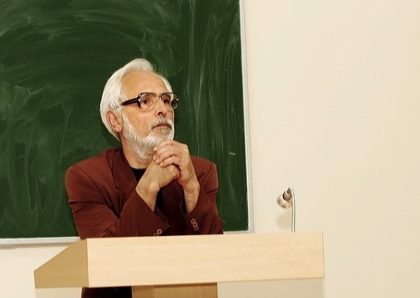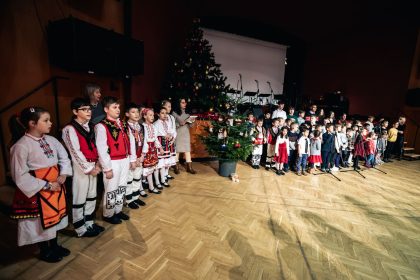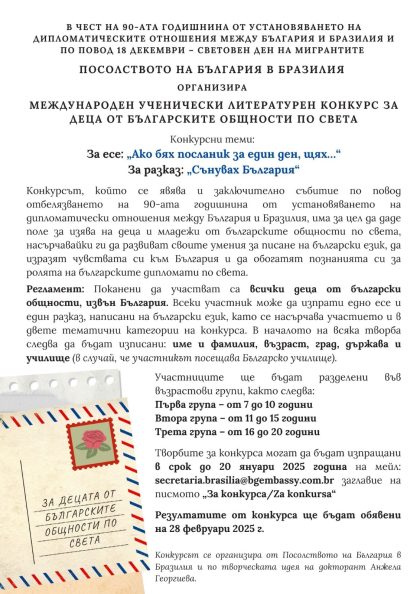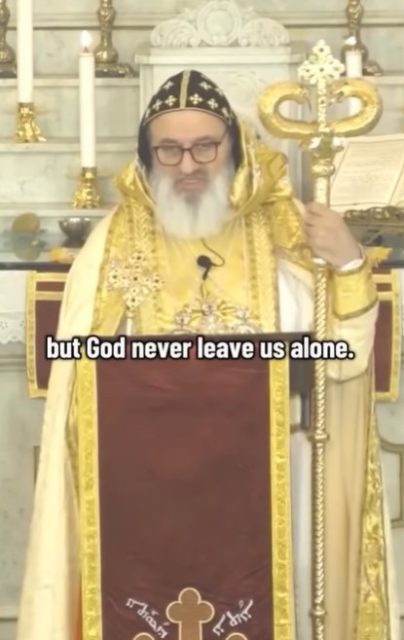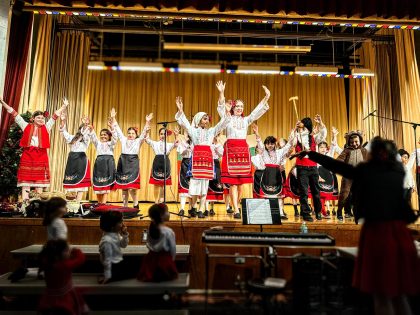Those who think that followers of the late Slobodan Milosevic in the former Yugoslavia are on the political garbage heap are terribly wrong. Not only have such people not been thrown out of today’s politics, but they still continue to manage many parts of the post-Yugoslav geopolitical space, writes Lazar Mladenov, president of the Bulgarian Cultural Club in Skopje.
The following commentary was authored exclusively for EurActiv by Lazar Mladenov, president of the Bulgarian Cultural Club in Skopje.
„The conviction of Radovan Karadzic and the capture of Ratko Mladic may create the illusion of fair retribution, temporarily calming someone’s conscience, but people like them are in power all across the former Yugoslavia.
The same structures that organised the massacre in Srebrenica are today still pulling the strings and hampering the integration of the Western Balkans into the European Union in order to retain their political and business influence.
A good illustration of this is the situation in the Former Yugoslav Republic of Macedonia (FYROM), where for over 20 years the rulers have been holding the population hostage to an endless and pointless name dispute with Greece.
With a record-breaking unemployment rate of 37%, the citizens of FYROM, like the former East Germans before the fall of communism, massively ‘vote with their feet’ by acquiring Bulgarian citizenship and migrating to Bulgaria and the EU. As recently noted by French newspaper Le Figaro, three quarters of the population of FYROM (or approximately 1.4 million citizens) are of Bulgarian origin and speak a language which in essence is a Bulgarian dialect.
The repressions and ridiculous historical falsifications of the communist era can no longer be applied so bluntly in the former Yugoslav Republic as in times past. This paves the way for a spontaneous, widespread process of ‘re-Bulgarisation’. Non-governmental civil society organisations have been founded which focus on the Bulgarian roots and heritage of the small country.
Today’s leaders of FYROM, who have passed through the school of Milosevic, don’t like this trend at all. To intimidate the people, authorities imprison and repress Bulgarian civil society activists.
Such is the fate of the engineer Miroslav Rizinski, a Macedonian and Bulgarian citizen, one of the founders and leaders of the civil society organisation ‘Bulgarian Cultural Club – Skopje’ (BCCS), which works for democracy, European integration and good neighbourly relations in the Balkans.
Because of his public activity, Miroslav became a thorn in the side of the enemies of democracy in FYROM, who repeatedly subjected him to personal attacks and harassment (including physical maltreatment during a peaceful commemoration ceremony).
In 2007 FYROM’s secret services accused Rizinski of corruption and tried to enroll him, Milosevic-style, to become their agent and spy on his colleagues and friends. After his refusal to cooperate, Miroslav was immediately sentenced to imprisonment in an opaque and highly politicised trial. Currently, this European citizen is serving an effective three-year sentence in a Skopje prison. The authorities in Skopje have tendentiously blocked his transfer to Bulgaria for a long time. 14 months remain until the end of the sentence.
Similarly, last year a young Bulgarian mother, Spaska Mitrova, was thrown behind bars in a Skopje prison for three months under the ridiculous pretext that she has not provided her former husband accommodation in the home of her parents, where he would meet the child. Currently, the infant has been taken away from the mother by force, following a series of contradictory court decisions which could never take place in any normal European country.
Recently, the US State Department, the EU and the OSCE (Organisation for Security and Cooperation in Europe) expressed concerns about the politicisation of the judiciary in FYROM, the human rights violations and intolerance towards citizens of different ethnicities.
Moreover, the EU Ambassador in FYROM assessed prison conditions in the country as terrifying (comparing them with the refugee camps in Latin America and South Africa at the time before Nelson Mandela).
Apparently, the spirits of Tito and Milosevic are still hovering in this country and their political followers use the corrupt judiciary to get rid of uncomfortable opponents.
Completely ignoring the Copenhagen criteria, people schooled Milosevic-style are blocking the European future of the Western Balkans and working for their reintegration into a new, anti-European Yugo-Empire. However, times are different now and those nostalgic dreams cannot be realised.
Nevertheless, many human lives are ruined because these heirs of Milosevic, in desperate bids to preserve their positions and luxuries, are only capable of producing unemployed citizens, emigrants and innocent prisoners.
Will the destinies of many people like Miroslav Rizinski be irreversibly damaged? Do the universal rights and freedoms, proclaimed by the European institutions and senior officers in Brussels, have some value?
It is time to answer this question now, when an ordinary, defenceless European is in trouble and needs their help.“
http://www.euractiv.com


